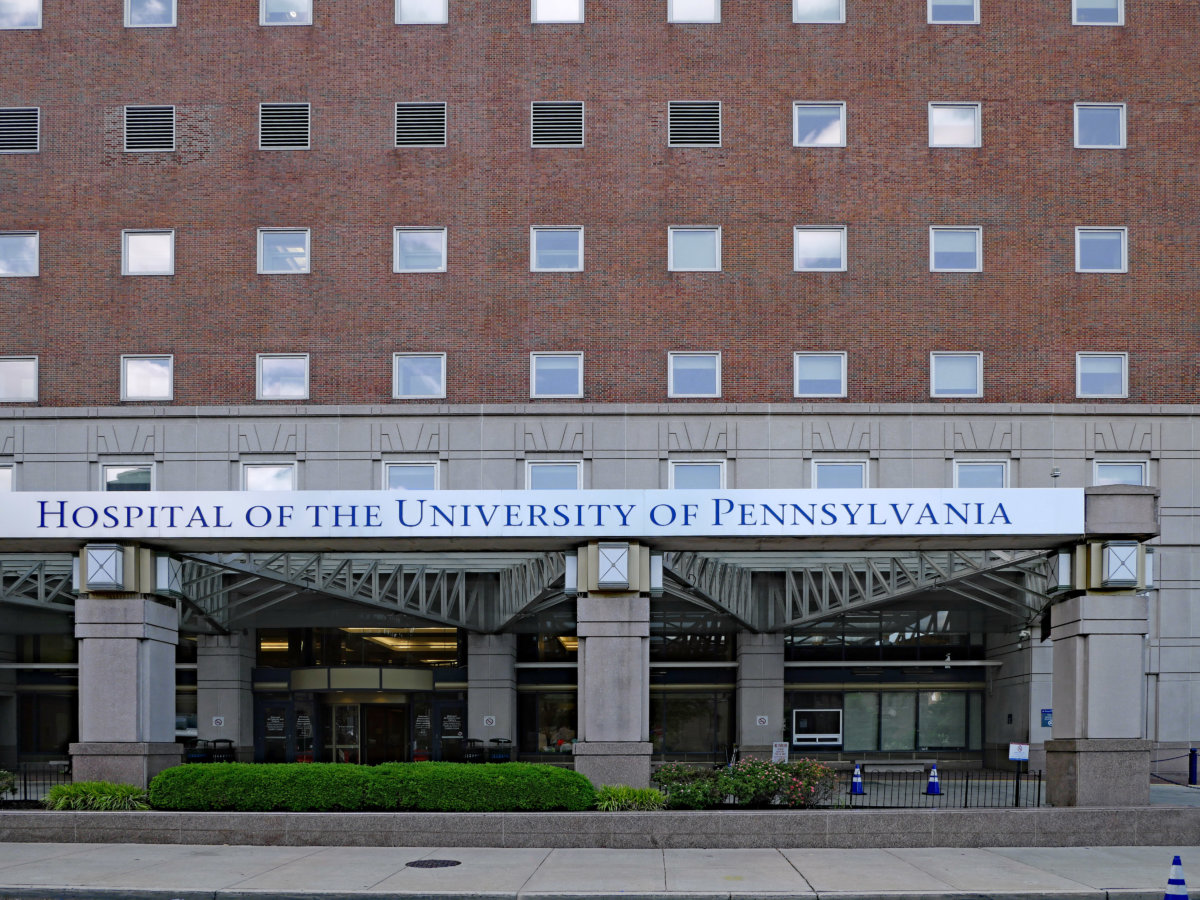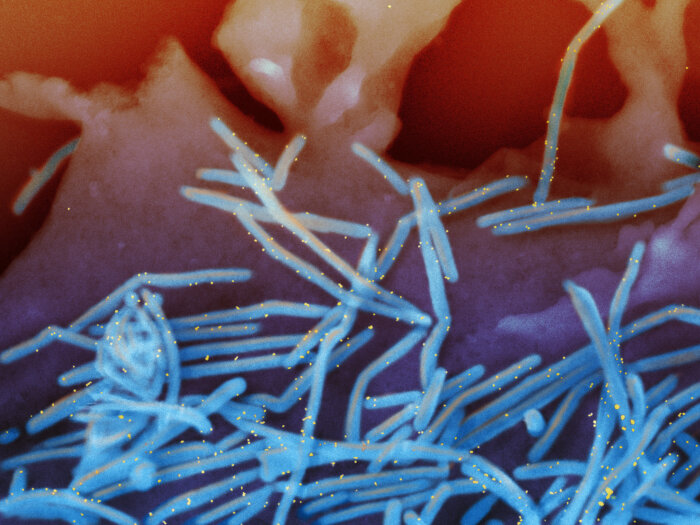By Claire Greenwood and Patricia Day
A growing life science sector in Greater Philadelphia – cell and gene therapy – is expected to generate substantial job opportunities in the coming years, and a newly formed group is working to ensure a strong talent pool is available to meet the needs. The Life Science Talent Pipeline Collaborative (The Collaborative) is comprised of cell and gene therapy companies and specific academic research labs in the cell and gene therapy space who are working together to prepare the region for job growth that will benefit high school and college graduates, along with PhDs and post-doctoral research scientists.
Individuals who join the cell and gene sector in Greater Philadelphia will be doing so in its birthplace. Our region is where early gene therapy research was launched at the University of Pennsylvania two decades ago, and home of the collaboration between Children’s Hospital of Philadelphia and Penn Medicine that developed CAR T-cell cancer treatment therapy. Today, the science, research and development in cell and gene therapy that has originated from this region have resulted in the first-FDA approved personalized cellular therapy for cancer (Kymriah by Novartis Pharmaceuticals for advanced leukemia); the first FDA-approved gene therapy (Luxturna by Spark Therapeutics for congenital blindness); and a second approval of Kymriah by Novartis (for relapsed or refractory large B-cell lymphoma). In addition, Penn Medicine played a role in the science, research and development that led to the FDA approval of a gene therapy known as Zolgensma for spinal muscle atrophy, a rare genetic disease. These breakthroughs are creating new pathways to cures for diseases, and improving and saving lives.
Data from the “2020 Cell and Gene Therapy and Connected Health Talent Needs Assessment” is guiding the work of The Collaborative. The independent study, conducted by Econsult Solutions, Inc., and commissioned by a partnership of the University City Science Center, University City District’s West Philadelphia Skills Initiative, and the Chamber of Commerce for Greater Philadelphia, noted approximately 4,900 employees working in the region at cell and gene therapy companies, CMOS, biopharma companies, research organizations or research hospitals in the cell and gene therapy field in 2019. Using mid-range growth estimates, Econsult estimated in the next 10 years the workforce is expected to grow between 35 and 94 percent. That could account for 6,558 to 9,396 total cell and gene therapy sector jobs.
The Collaborative is working together to be ready for the job growth the study predicts, to improve workforce diversity and inclusivity, and to address challenges to attracting and retaining talent, including specialized job requirements, competition for talent, and lack of visibility for some of these opportunities.
Critical jobs that are shared across companies in the sector have been initially identified, and The Collaborative is reviewing curriculum at academic institutions to advise where additional coursework may be required to meet job needs. The group is also focusing on building a longer-term pipeline by providing connections for the member organizations and training partners to mentor and sponsor programs for K-12 students.
Among the Collaborative’s members are: Adaptimmune; AmerisourceBergen; Amicus Therapeutics; Cabaletta Bio; Carisma Therapeutics Inc.; Children’s Hospital of Philadelphia; Integral Molecular; Iovance Biotherapeutics Inc.; Johnson & Johnson; Merck & Company, Inc.; Passage Bio; Rockland Immunochemicals; Spark Therapeutics, Inc.; Spirovant; University of Pennsylvania; and WuXi Advanced Therapies; with the Chamber convening the group.
Undertaking the study and forming the Collaborative are projects that serve to assist the Chamber and its regional Cell & Gene Therapy and Connected Health Initiative in promoting Greater Philadelphia’s cell and gene therapy sector. The current success and future potential of the industry in the Greater Philadelphia region is also a main focus of the Chamber’s Recharge and Recovery Initiative as the region works to rebound from the coronavirus pandemic.
To learn more, visit ceocouncilforgrowth.com/initiatives/cell-gene-therapy-and-connected-health.
Claire Greenwood is the executive director for the Chamber of Commerce for Greater Philadelphia’s regional CEO Council for Growth. Patricia Day is the manager, Leadership Engagement at the Chamber of Commerce for Greater Philadelphia.
































